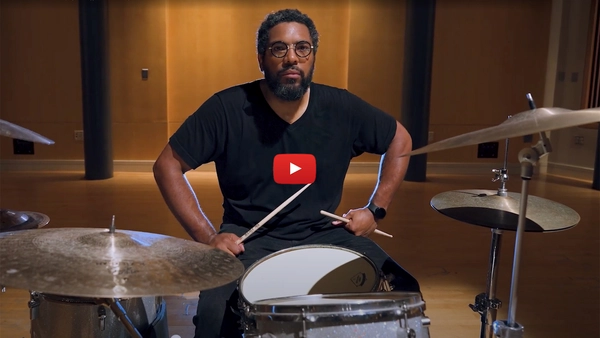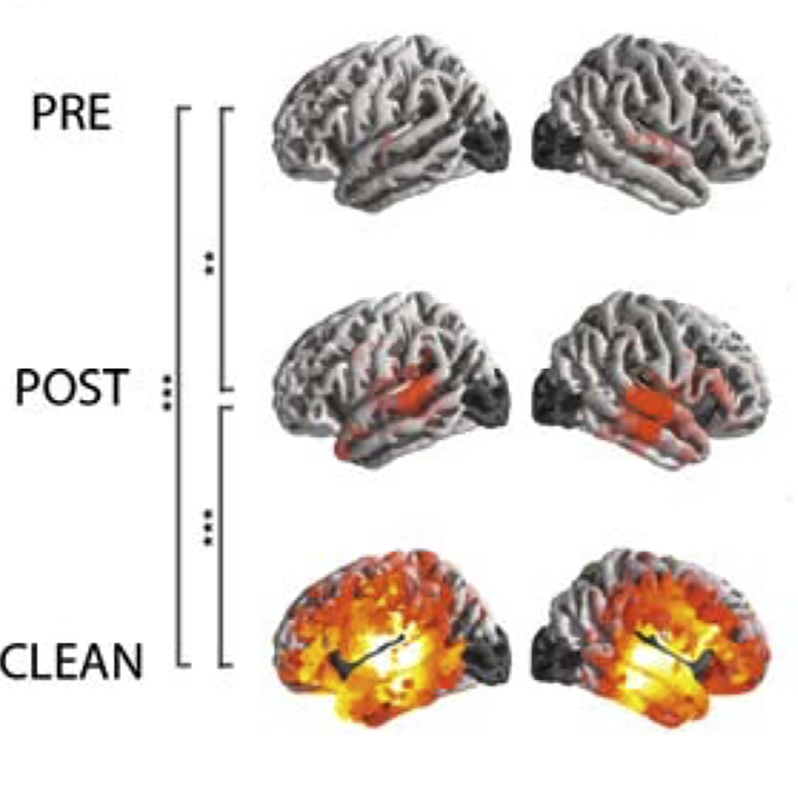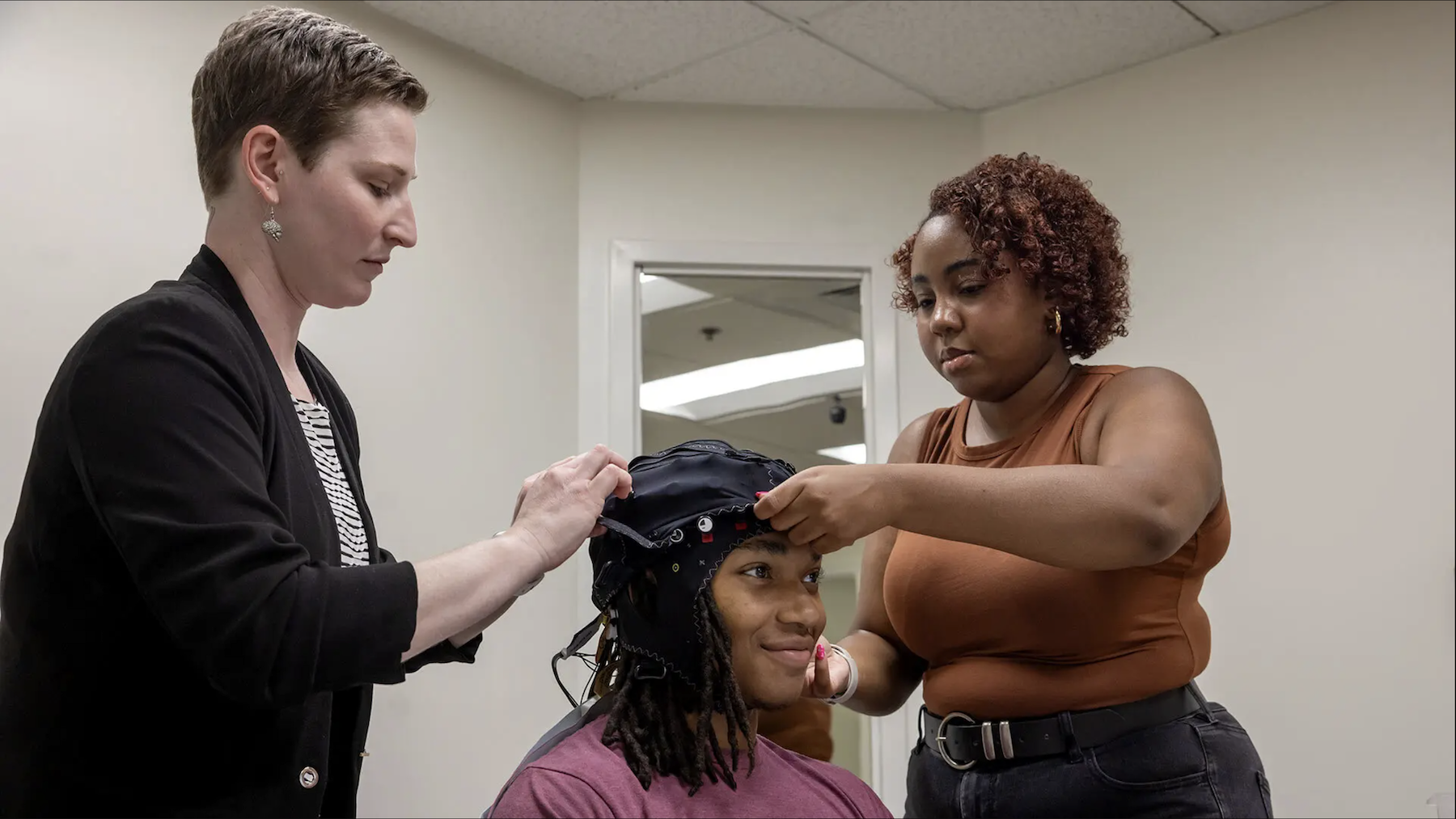News Story
BBI Sponsors Animal Communication and Human Language Conference

The Brain and Behavior Initiative (BBI) sponsored a conference on "New Perspectives in Animal Models of Language" at the University of Maryland on September 22-24, 2017. Over 150 people attended the conference that featured lectures and poster presentations by scientific leaders in the fields of animal communication and human language from Europe and North America.
Fifteen speakers presented at this 3-day workshop and explored new insights into aspects of natural communication in animals, comparative neuroethology and evolution, behavioral and neural studies of brain activity in animals trained to discriminate human phonemes and learn simple grammars, recent findings on the neural basis for mimicry and auditory memory that may underlie language ability, development and acquisition of language in childhood.
The speakers also critically examined neurophysiological, neurogenetic and neuroimaging research showing similarities in brain organization for processing communication sounds in mice, ferrets, monkeys, parrots, dolphins and humans and other species as well as existing differences between animal communication and human language.
Many questions were raised at the Conference, intensely argued and vigorously debated, on the evolution and neural basis of language, and the value of animal models for future fruitful research paths in this interdisciplinary field. One consensus agreement was the value of exploring the neural basis of sequencing and phonological processing in animals and humans, for which common mechanisms are likely to exist.
Conference attendees included faculty from UMD and local universities (Johns Hopkins Georgetown, American University, George Washington University), as well as funding representatives from NIH and NSF. Undergraduate, graduate, postdoctoral students and some high school students also attended and were excited and engaged by talks and discussion.
The conference was organized by UMD faculty, William Idsardi (Linguistics), Jonathan Fritz (Institute for Systems Research) and Gerald Wilkinson (Interim Dean, College of Mathematical and Natural Sciences, Biology).
The faculty organizers plan to write up a summary of the Workshop for distribution to funding agencies as a White Paper, and also will be submitting a proposal to publish the proceedings as a special issue of Philosophical Transactions of the Royal Society.
The workshop was funded through a BBI workshop award as well as by the Vice President for Research, A. James Clark School of Engineering, Center for Comparative & Evolutionary Biology of Hearing, College of Arts and Humanities, College of Behavioral and Social Sciences, College of Computer, Mathematical, & Natural Sciences, Department of Linguistics, Department of Psychology, Department of Education, Department of Philosophy ‐ Cognitive Sciences Colloquium, and Institute for Systems Research.
Invited Speakers:
Robert Berwick – MIT: There’s Plenty of Room at the Bottom:
Granularity and the Neurobiology of Language - a View from Computer Science
Dorothy Cheney – University of Pennsylvania
Bob Dooling – University of Maryland: Species Differences in Perception of Song-Motifs
Tecumseh Fitch – University of Vienna: The Biology and Evolution of Language:
Continuity and Change
Tim Gentner – University of California, San Diego: Generative Models for Acoustic Communication and Natural Language
Erich Jarvis – Rockefeller University: Evolution of Brain Pathways for Vocal Learning and Spoken Language
Richard Mooney – Duke University: From Song to Synapse:
Vocal Communication in Songbirds and Mice
Andreas Nieder – University of Tubingen: The Role of Frontal Lobe Areas in Controlling Vocaliztions in Primates
Chris Petkov - University of Newcastle: Structured Sequence Learning, Language Evolution and the Primate Brain
David Poeppel – NYU and Max Planck Institute: Be a Splitter, Not a Lumper!
On the Proper Granularity to Study the Neurobiology of Language
Robert Seyfarth – University of Pennsylvania: Evolution, Communication, and Cognition Among Primates
Katie Slocombe – University of York: Scratching Beneath the Surface:
Are Great Ape Signals Produced Intentionally?
Peter Tyack – University of St. Andrews: A Comparative Perspective on Vocal Learning in Mammals
Sandy Waxman - Northwestern University: Becoming Human: How (and how early) Do Infants Link Language and Cognition?
Stephanie White – University of California, Los Angeles: Network-based Approaches to Vocal Learning
Klaus Zuberbuhler – University of St Andrews: Intentional Communication in Primates
Published October 18, 2017









